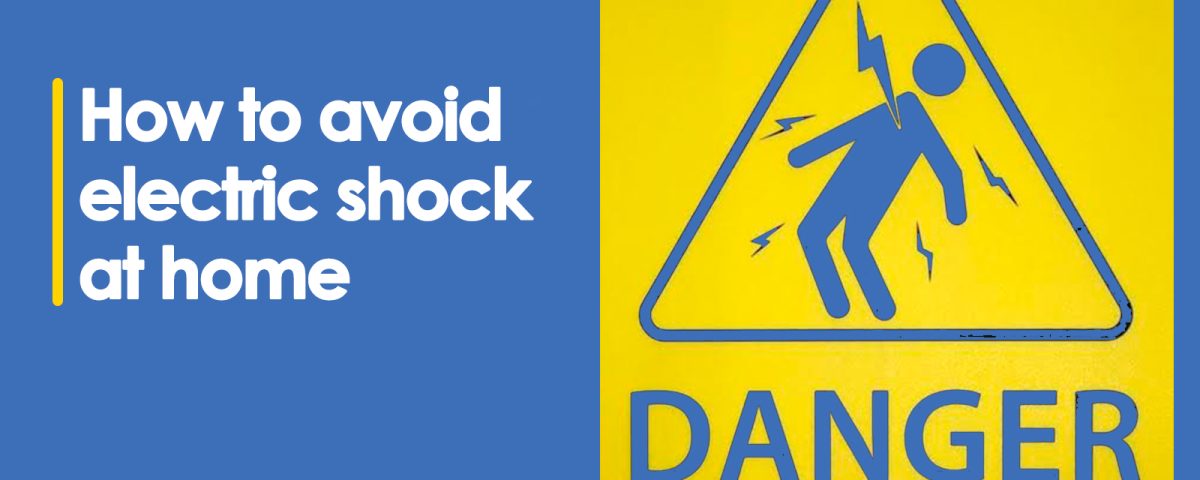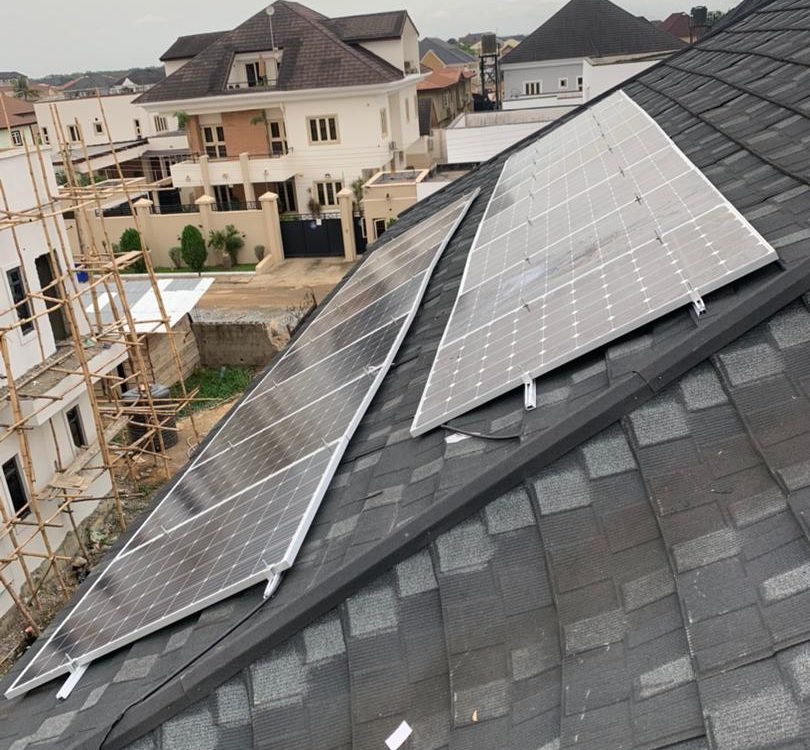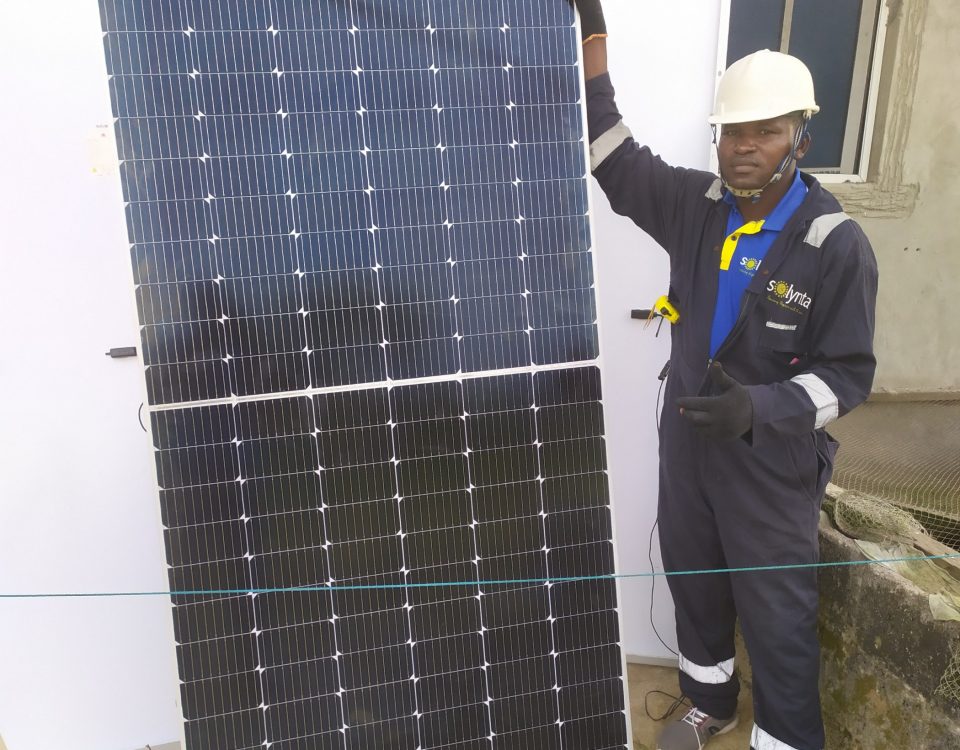How to avoid electric shock at home!

How Does Temperature Affect Solar Panels?
2023-10-14
The 4 best things about going solar this period
2023-12-09With a few simple precautions and awareness, you can ensure the safety of yourself and your loved ones. Let’s dive in!
Thank you for reading this post, don't forget to subscribe!- Maintain Proper Electrical Equipment: Make sure your electrical devices, appliances, and cords are in good condition. Check for frayed wires, loose connections, or any signs of damage. Replace damaged or worn-out cables to prevent potential electric hazards.
- Ground Fault Circuit Interrupter (GFCI) Outlets: Install GFCI outlets in areas where water is present, such as kitchens, bathrooms, and outdoor spaces. GFCIs automatically cut off power when they detect an electrical fault, preventing electric shocks and potential fires.
- Be Aware of Water and Electricity: Water and electricity don’t mix well, so be cautious. Never touch electrical appliances or outlets with wet hands. Keep electrical devices away from sinks, bathtubs, and pools. It’s also a good practice to unplug appliances before cleaning them.
- Childproof Your Home: Children are naturally curious, so take extra precautions to protect them. Use outlet covers to prevent little fingers from poking into electrical sockets. Keep electrical cords out of their reach and teach them about electrical safety from an early age.
- Proper Handling of Electrical Appliances: Always follow the manufacturer’s guidelines when using electrical appliances. Do not overload outlets with multiple devices or extension cords. Unplug appliances when not in use to minimize the risk of electrical accidents.
- Extension Cord Safety: If you need to use an extension cord, ensure it’s in good condition and rated for the intended use. Avoid running cords under carpets or furniture, as this can cause overheating. Unplug extension cords by pulling the plug, not the cord itself.
- Educate Yourself: Learn about your home’s electrical system. Locate the main circuit breaker or fuse box and ensure it’s easily accessible. Familiarize yourself with the different breakers and understand which areas of your home they control.
- Outdoor Safety: If you’re working with electrical tools or lights outdoors, make sure they are rated for outdoor use and are plugged into a GFCI outlet. Avoid using electrical devices in wet conditions and be cautious when working near power lines.
- Regular Electrical Inspections: Schedule periodic inspections by a qualified electrician to assess the safety of your electrical system. They can identify potential hazards, outdated wiring, and provide recommendations to keep your home safe. 10. Be Mindful of DIY Electrical Work: While it’s great to be handy around the house, know your limits when it comes to electrical work. Unless you have proper training and experience, it’s best to leave complex electrical tasks to professionals to avoid accidents.
Conclusion: By following these guidelines, you can significantly reduce the risk of electric shocks and maintain a safe environment at home. Remember, your safety is a top priority, so take the necessary precautions and stay vigilant. Stay safe and enjoy a shock-free living space!




